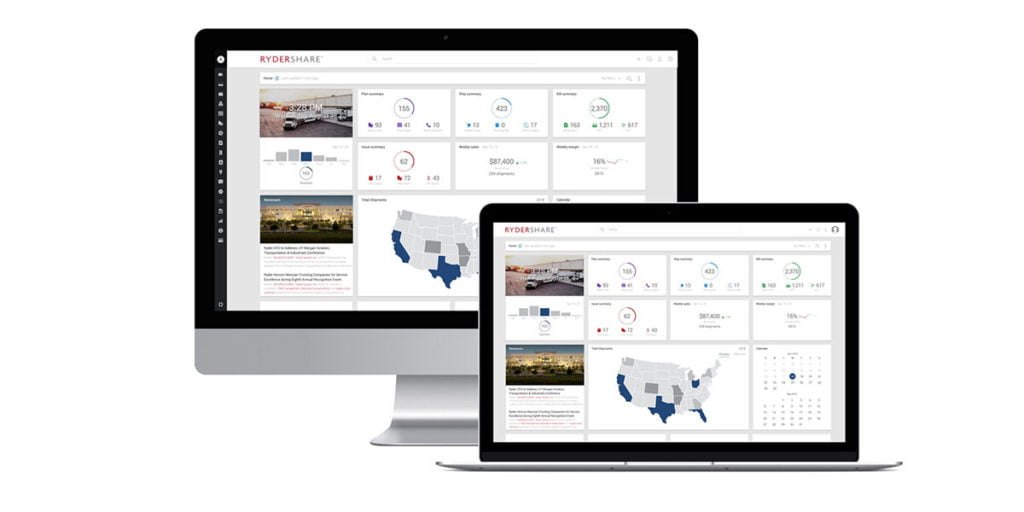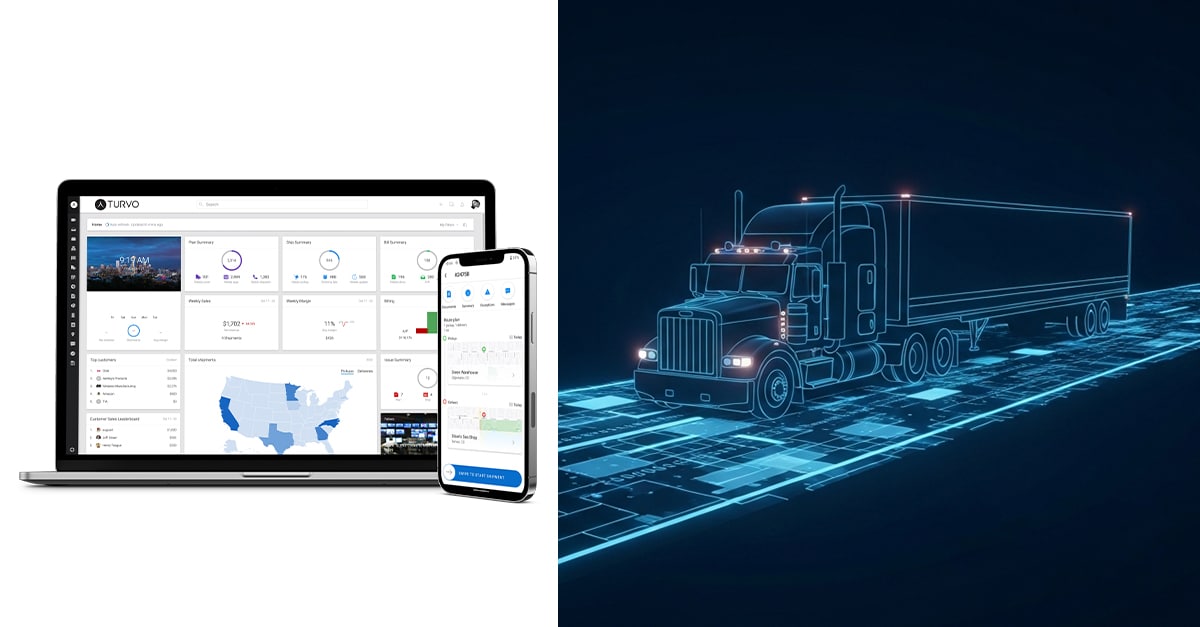In an era where environmental impact is increasingly scrutinized, achieving fleet sustainability is more than a compliance measure—it’s a crucial business strategy. Sustainable practices in fleet management not only help protect the environment but also enhance operational efficiency and public perception, leading to a more profitable and socially responsible business. Here’s a guide to implementing essential strategies for fleet sustainability in the trucking industry.
Optimizing Fleet Operations
The first step towards fleet sustainability is optimizing the existing operations to reduce unnecessary waste. This includes implementing route optimization software that calculates the most efficient routes, minimizing drive times and reducing fuel consumption. Modern Transportation Management Systems (TMS) can provide these insights by analyzing traffic patterns, vehicle performance, and delivery schedules to ensure that every route is as efficient as possible.
Transitioning to Eco-Friendly Vehicles
One of the most impactful strategies is transitioning from traditional combustion engines to more eco-friendly alternatives. Electric vehicles (EVs) and hydrogen fuel cell vehicles offer significant reductions in greenhouse gas emissions. Investing in these technologies not only helps the environment but can also reduce fuel costs in the long run. Fleet operators should begin by gradually integrating these vehicles into their fleets as they phase out older, less efficient models.
Regular Vehicle Maintenance
Maintaining vehicles in optimal working condition is essential for fleet sustainability. Regular maintenance ensures that engines run efficiently, tires are properly inflated, and emissions systems are working correctly. These measures significantly reduce fuel consumption and the release of harmful pollutants. Implementing a strict schedule for vehicle checks and encouraging drivers to report any issues immediately can prolong vehicle life and enhance efficiency.
Training and Incentives for Drivers
Drivers play a critical role in achieving fleet sustainability. Providing training on eco-driving techniques—such as smooth acceleration and braking, speed optimization, and idle reduction—can lead to substantial improvements in fuel efficiency. Additionally, establishing incentive programs that reward drivers for meeting or exceeding sustainability targets can motivate ongoing commitment to environmentally friendly driving practices.
Utilizing Alternative Fuels
Besides electric and hydrogen options, there are other alternative fuels that can help reduce environmental impact. Biodiesel and natural gas are viable alternatives that can be used in existing vehicles with minor modifications. These fuels burn cleaner than traditional diesel and are often sourced from renewable materials, making them a more sustainable option for reducing fleet emissions.
Investing in Telematics
Telematics systems provide real-time data on vehicle operation that can be crucial for fleet sustainability. These systems monitor vehicle speed, idling time, fuel consumption, and more, allowing fleet managers to optimize performance and reduce emissions. The insights gained from telematics can help identify trends and areas for improvement, ensuring that sustainability goals are met.
Supporting Policy and Advocacy
Finally, participating in policy discussions and supporting legislation that promotes sustainability in the transportation industry is vital. Companies can advocate for incentives that support sustainable fleets, such as tax breaks for purchasing eco-friendly vehicles or investing in renewable fuels. By being active in the legislative process, businesses can help shape a future where fleet sustainability is the norm.
Steering Towards a Sustainable Future
The journey to fleet sustainability is ongoing and requires commitment at every level of the organization. By implementing these strategies, trucking companies can reduce their environmental footprint, improve operational efficiency, and position themselves as leaders in a greener future. As the industry continues to evolve, embracing sustainability will not only be beneficial for the planet but also essential for staying competitive in the ever-changing market landscape.









